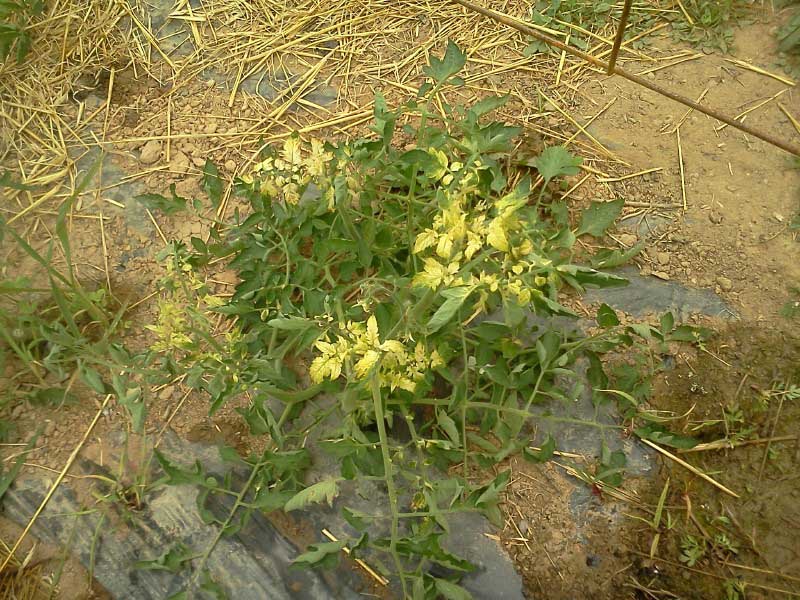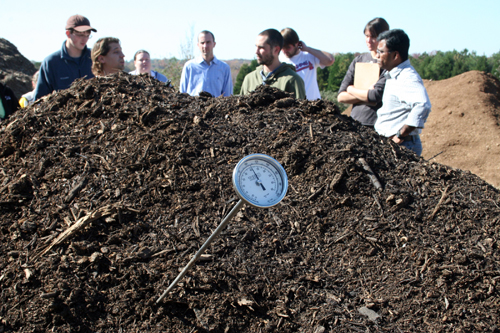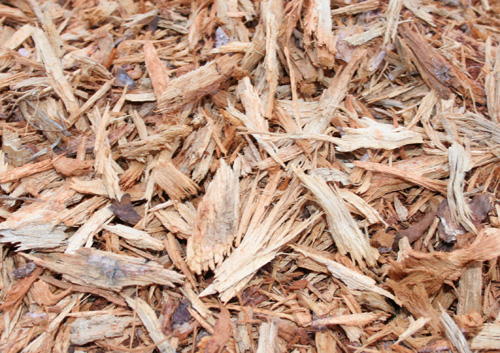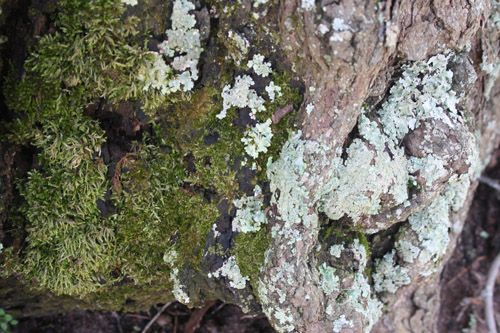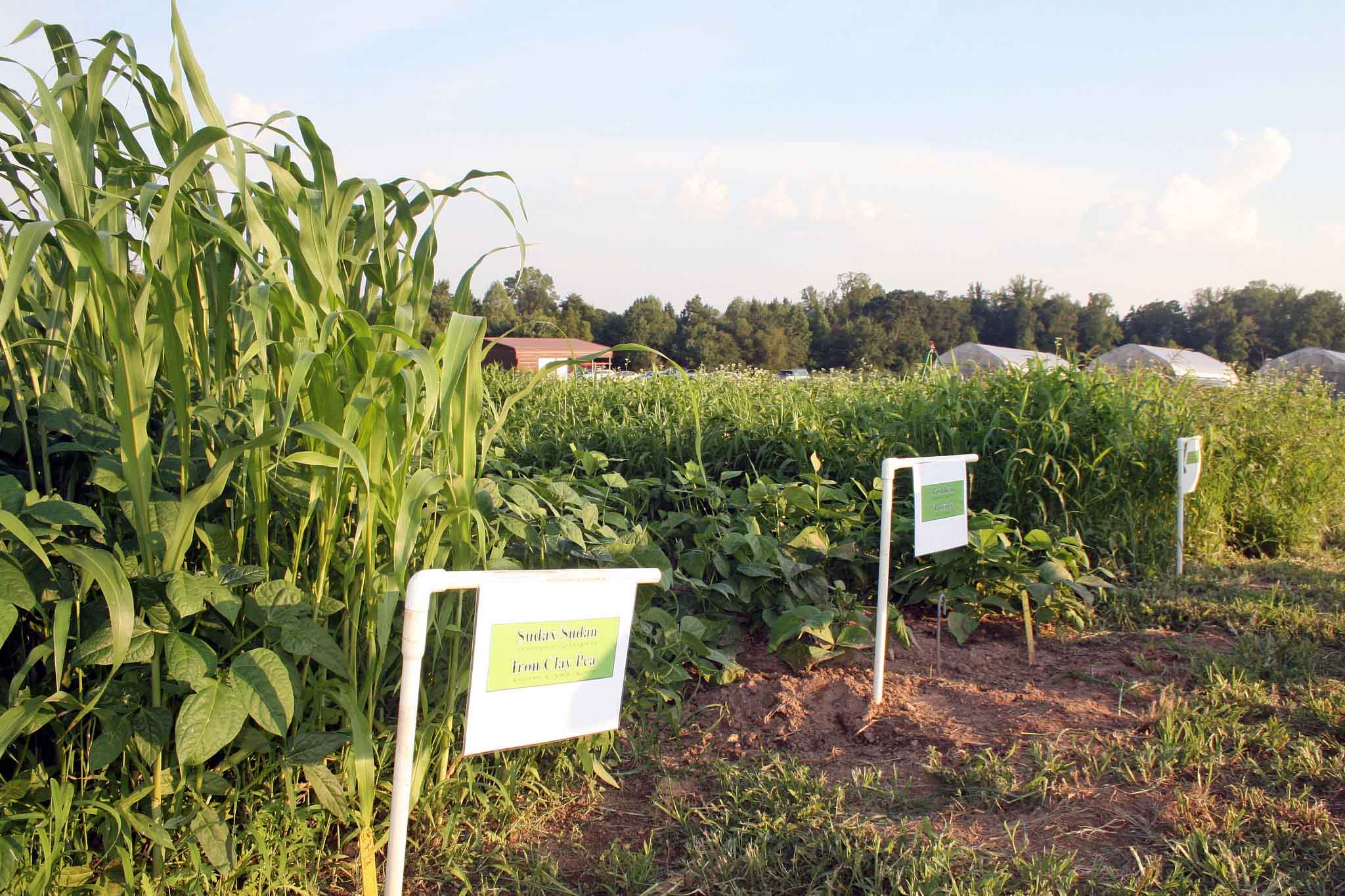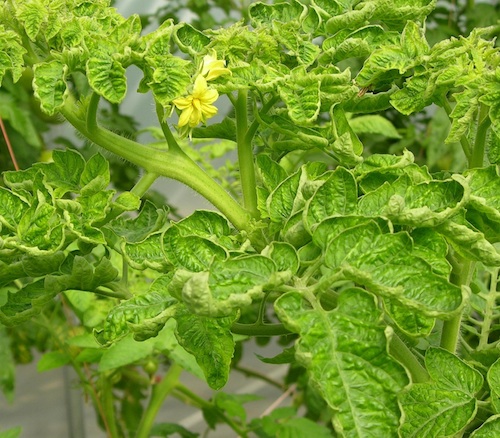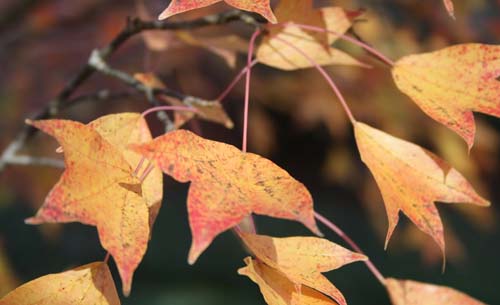 CAES News
CAES News
Composted Leaves
Perhaps the best way to mimic nature in managed landscapes is to turn leaves into compost. When applied back to the soil, compost provides many of the benefits that are enjoyed by plants in natural environments.

